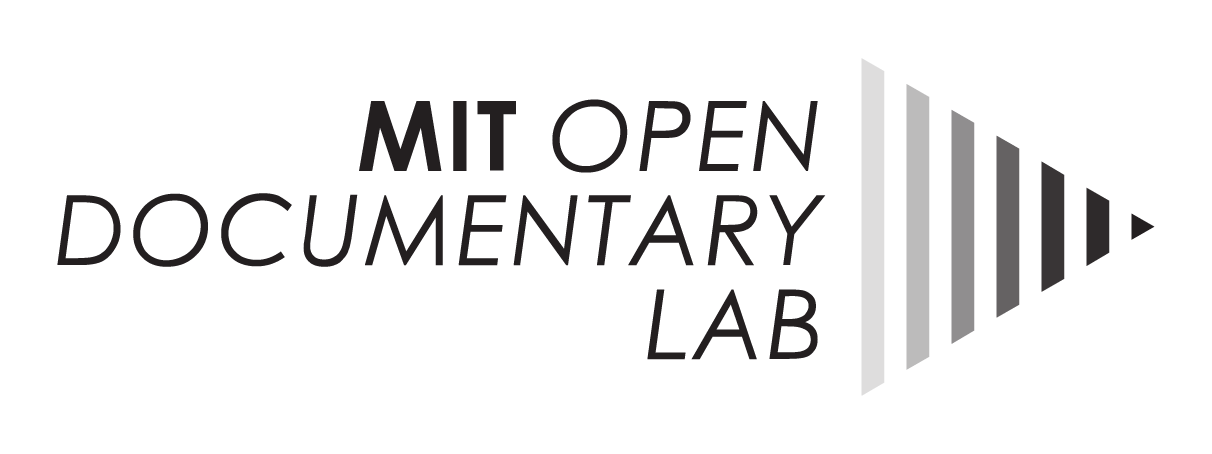Designing Respect for Virtual Reality
Virtual reality designers accept the ethical responsibilities of removing a user’s entire world and replacing it with a reality of their own creation. These unique challenges are intensified when virtual experiences become public and socially-driven. As a female VR designer in the age of #METOO, Cortese sees an opportunity to fold the language of consent and body sovereignty into VR design practice to build safer, more accessible, and more inclusive virtual spaces.
This discussion unpacks Cortese’s experience co-authoring “Designing Safe Spaces for Virtual Reality”—a Facebook Research publication and chapter from an upcoming book, Ethics in Design and Communication: New Critical Perspectives (Bloomsbury Visual Arts, London)—and the Facebook Horizon comfort and safety features it helped inspire. Takeaways include: (1) Edward T. Hall’s zones of interpersonal space, (2) ethical responsibilities of designing embodied virtual spaces, (3) body sovereignty ideology as a VR design practice, and (4) specific VR design solutions that promote safety and inclusivity.
Michelle Cortese is a Canadian virtual reality designer, artist and futurist residing in Brooklyn. She splits her professional time between designing VR experiences for Oculus at Facebook and teaching creative technology at NYU Steinhardt. Most of her work investigates the transmutation of communication across new technologies and formats. Michelle was previously a Design Technologist at Refinery29; an Experiential Art Director at The New York Times’ Fake Love; and has exhibited work at CES, Tribeca Film Festival, SXSW, and Sundance Film Festival.



